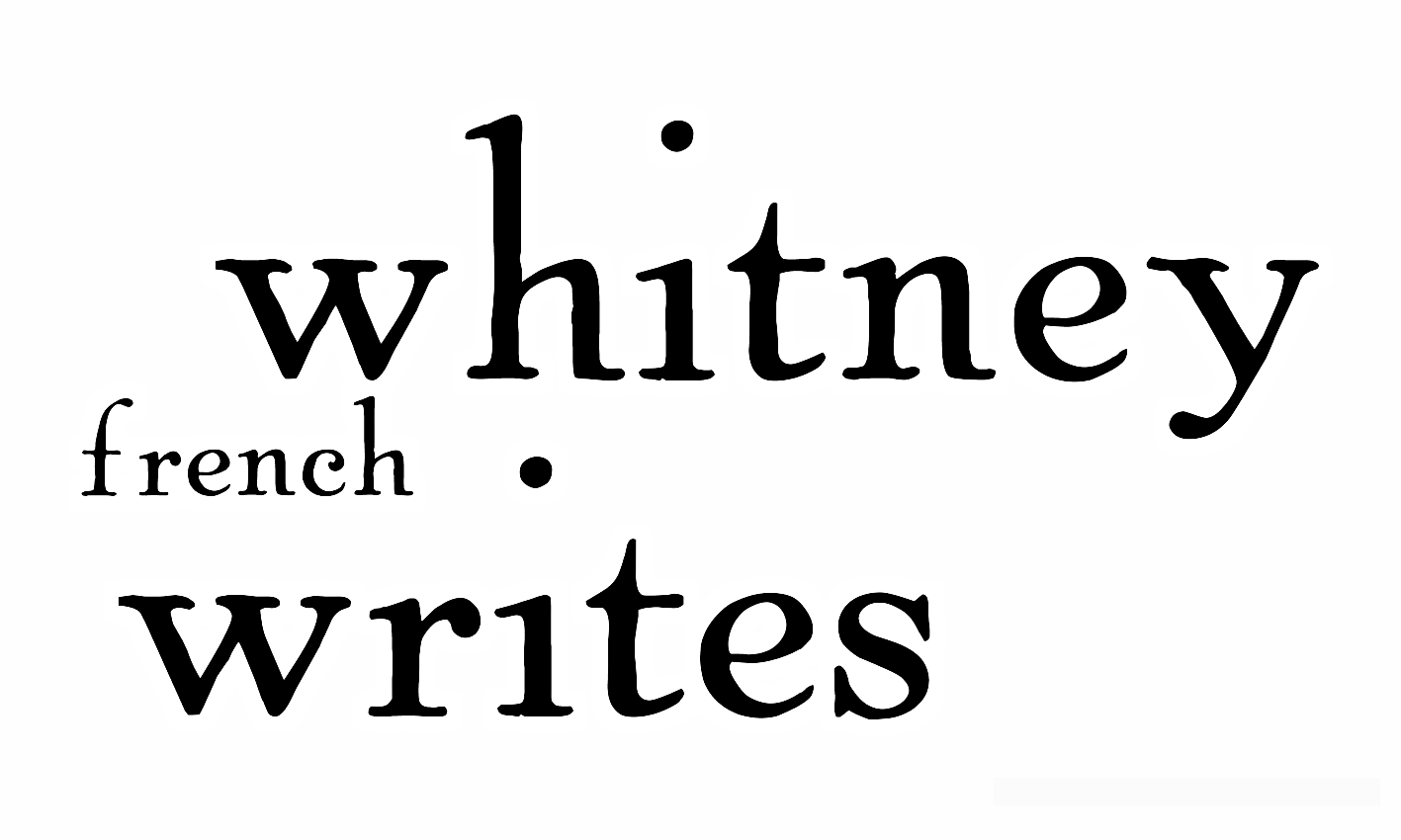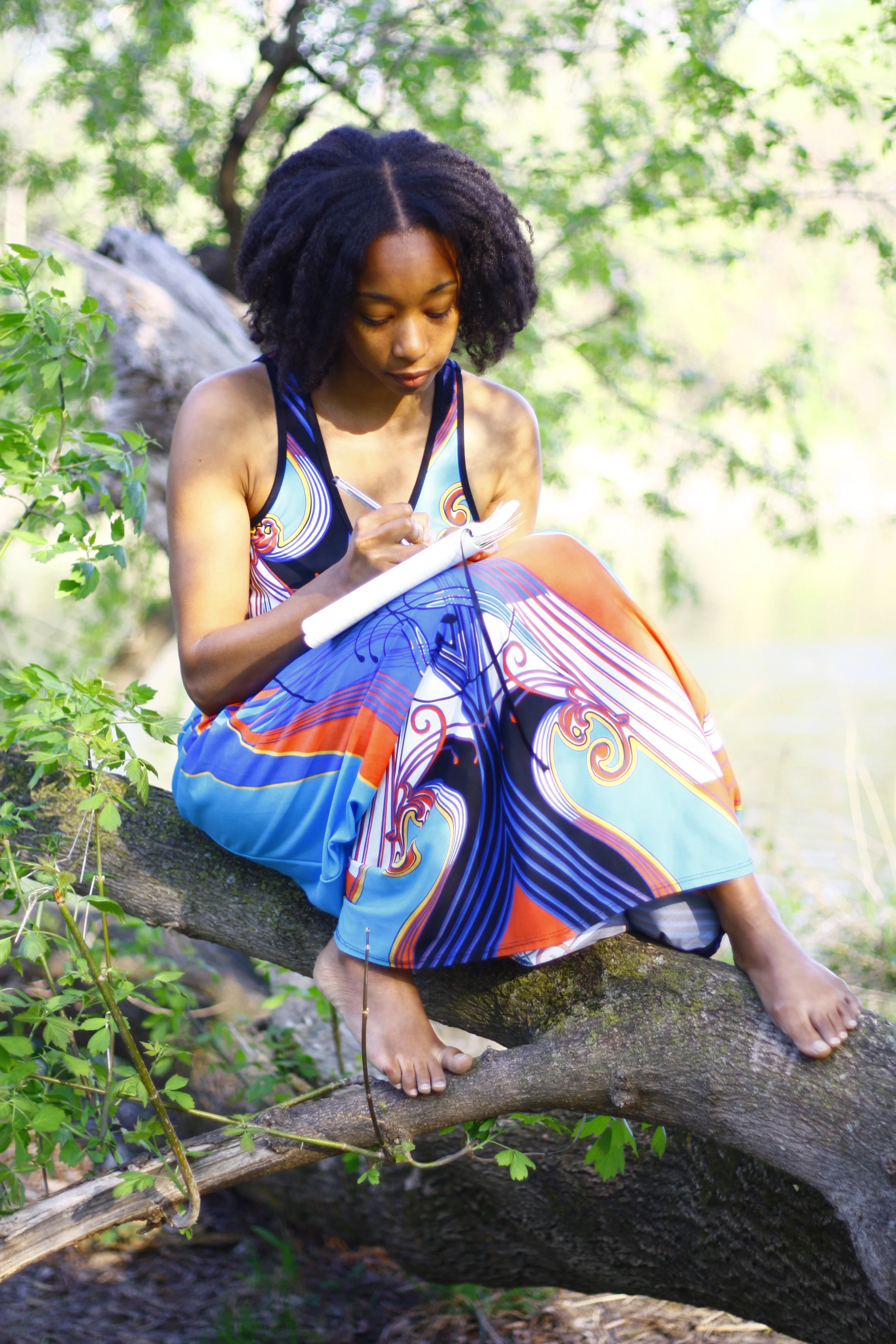When asked what is the coolest thing that has happened to her because of writing, Eden took us to Scotland where she was the third-choice presenter at Edenburgh Festival and a very unimpressed attendee pointed out, “you aren’t Thomas King, are you?” From there, the conversation spiralled into a whirlwind about Enlightenment amusement parks in India, a near-proposal from a Braveheart extra, teasers of a trashy Band-Council romance and plans of coordinating a Giller-calendar inspired by Burt Reynolds.
Both Robinson and Dimaline’s light-hearted almost cousinly banter, sparked an underlying deep sincerity about how awkward it can be embarking on such a profession. Robinson candidly shared the realities of being a “painfully shy” young person enthralled with Stephen King and Edgar Allen Poe. This self-awareness echoed in the story Robinson shared of meeting Chrystos, the brilliant two-spirit Menominee writer at University of Victoria. Young Robinson was met with generosity and patience despite the gushing and received long chats about the craft from the established author. “Then I read Not Vanishing and her characters were free to be angry,” a first, she explains immediately after, with a mindful pause.
Holding tight and tender to this thread, Dimaline guided the conversation to their first time seeing themselves in literature. She expressed her gratitude to Robinson, being groundbreaking for writing Indigenous people who “don’t have to be riding horses and seducing white women, but [they] also can be angry and can have nothing to do with ceremony and can just be a clerk at Walmart and still be Indigenous.”
And it’s with this image in mind, Robinson invited us again to laugh and love and further, contemplate the confines of Canlit while simultaneously disrupting these expectations. And that is big-picture labour. Robinson offers even more intimate struggles when she shares which book was the hardest to write: the novella ‘Contact Sports’ in her first collection Traplines. With a hushed tone, here she explained the small-picture labour on her ‘apprentice novel’. “I tried everything to make that story work, I tried and the story wouldn’t let me go…it was on and off for ten years.”
A communal sigh reverberated across the auditorium and once more, we are reminded that this is more than an author’s talk, we are confronted with Robinson’s honesty and an unveiling of her own inner criticisms. This too is part of the process. “When it was finally cooking, that’s when I understood how writing can transport you outside of yourself. That was addictive. I really wanted to try a novel after that.”
Although there was only time for two inquires from the Q&A portion of the evening, conversation immediately splintered into tangents on Louisiana raccoons, winter vampires, touring sock puppets and N*sync. It wasn’t all just kicks and giggles — we were also productive and created a new genre that Edin Robinson appreciated. “I like to be in the category screw-ball gothic. And we can put Indigenous in there”.
The non-linear nature of storytelling complimented the kindness of vibing out with a sister-friend, inspiring evening indeed. One that alas, rarely surfaces organically at literary festivals. The moment transcended accomplished writer see adoring audience; Robinson and Dimaline gave us humour and insight, we gave laughter and attentiveness. The only regrettable thing was there simply wasn’t enough time. “We’re getting the sign already — we’re having fun out here,” Cherie Dimaline said. “I don’t know why they let us do this…”











